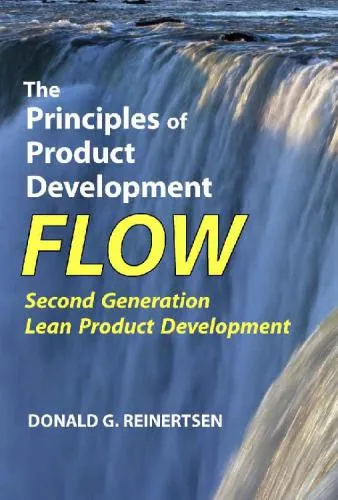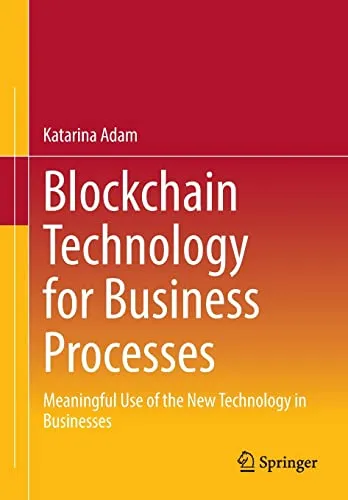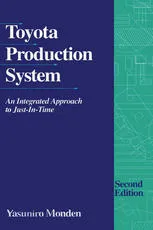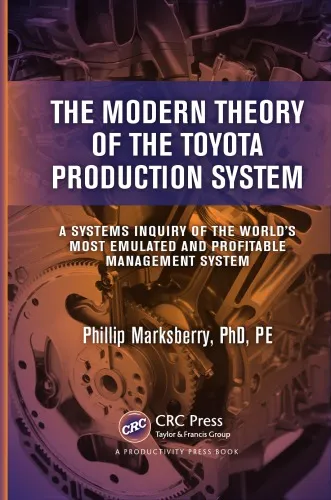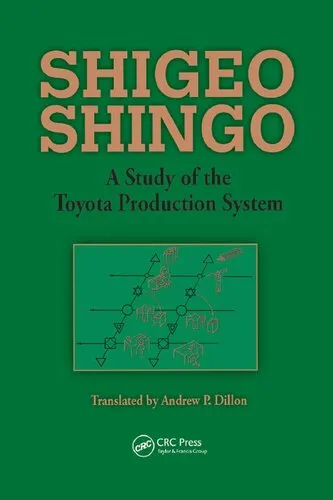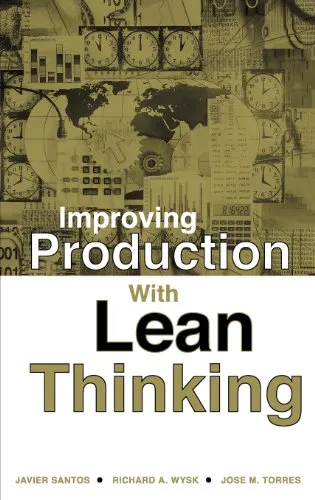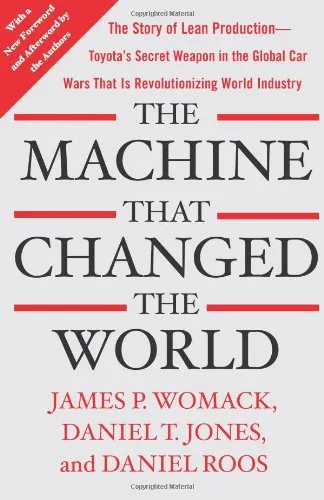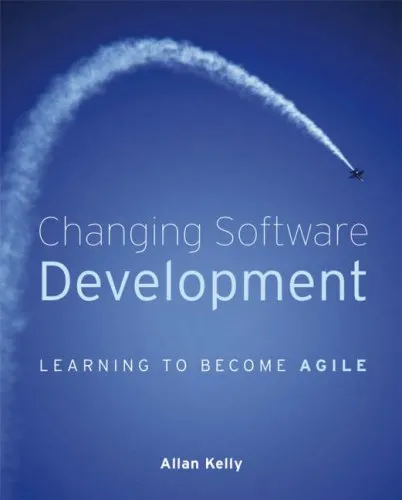The Principles of Product Development Flow: Second Generation Lean Product Development
4.7
Reviews from our users

You Can Ask your questions from this book's AI after Login
Each download or ask from book AI costs 2 points. To earn more free points, please visit the Points Guide Page and complete some valuable actions.Related Refrences:
Introduction
In today's hyper-competitive environment, industries are increasingly recognizing the need for rapid product development methodologies that do not compromise quality. "The Principles of Product Development Flow: Second Generation Lean Product Development" by Donald G. Reinertsen offers transformative ideas that break away from traditional cost-centric models, presenting a comprehensive set of principles designed to usher in efficiency and innovation. This book demystifies the intricacies of lean product development and offers practical insights into managing variability, understanding queues, and applying economic approaches to product development decisions.
Detailed Summary of the Book
The book challenges conventional methodologies that often prioritize cost savings at the expense of efficient product flow. It emphasizes a shift from cost accounting's earlier focus to an approach rooted in economics, where the key metric is cycle time reduction and response to market changes. Reinertsen introduces readers to concepts such as batch size reduction, rigorous application of queuing theory, and the importance of balancing flow efficiency with resource efficiency. Each chapter builds on the idea that small, manageable batches combined with accurate economic decision-making can lead to smoother product development processes and ultimately, more value delivery.
Reinertsen further explains that traditional lean methodologies, while valuable in manufacturing, require substantial adaptation when applied to product development. He explores the unique challenges of innovation-driven environments, where variability is inherent, presenting a set of counterintuitive principles such as the cost of delay and the importance of reducing batch sizes. The book serves as a blueprint for transitioning from a static, predictable environment to a dynamic, responsive one where principles such as optionality, decentralization, and cadence become pivotal.
Key Takeaways
- The impact of variability on product development, and how businesses can navigate it effectively.
- The significance of reducing batch sizes to accelerate flow and improve responsiveness.
- The application of economic models such as the cost of delay to prioritize work.
- The necessity of high cadence and rapid feedback loops for effective decision making.
- The role of decentralization in empowering teams to make decisions in complex, dynamic environments.
- How to align incentives and metrics to drive flow efficiency rather than resource efficiency.
Famous Quotes from the Book
"The biggest success is not achieved by managing costs in isolation but by managing the speed at which the firm can convert its opportunity into a worth-fulfilling product."
"If you quantify one thing, quantify the Cost of Delay."
"Product development is inherently a queue-based process; understanding queues is operational effectiveness."
Why This Book Matters
"The Principles of Product Development Flow" stands as a seminal work that pivots product development theories towards a more integrated, economic-centered approach. Its significant contribution lies not only in unveiling the constraints of traditional lean thinking in product development but also in offering actionable principles that are as relevant in tech startups as they are in well-established industrial firms. The book has become a cornerstone for leaders, managers, and practitioners who aim to create robust systems that enhance product delivery and reduce time to market, offering a dynamic toolkit to navigate the complexities of modern product development. Reinertsen's emphasis on flow over cost justifies a paradigm shift that aligns product development more closely with organizational and market goals, making it an indispensable resource for any entity aiming to sustain competitive edge through innovation and efficient processes.
Free Direct Download
You Can Download this book after Login
Accessing books through legal platforms and public libraries not only supports the rights of authors and publishers but also contributes to the sustainability of reading culture. Before downloading, please take a moment to consider these options.
Find this book on other platforms:
WorldCat helps you find books in libraries worldwide.
See ratings, reviews, and discussions on Goodreads.
Find and buy rare or used books on AbeBooks.
1299
بازدید4.7
امتیاز0
نظر98%
رضایتReviews:
4.7
Based on 0 users review
Questions & Answers
Ask questions about this book or help others by answering
No questions yet. Be the first to ask!
